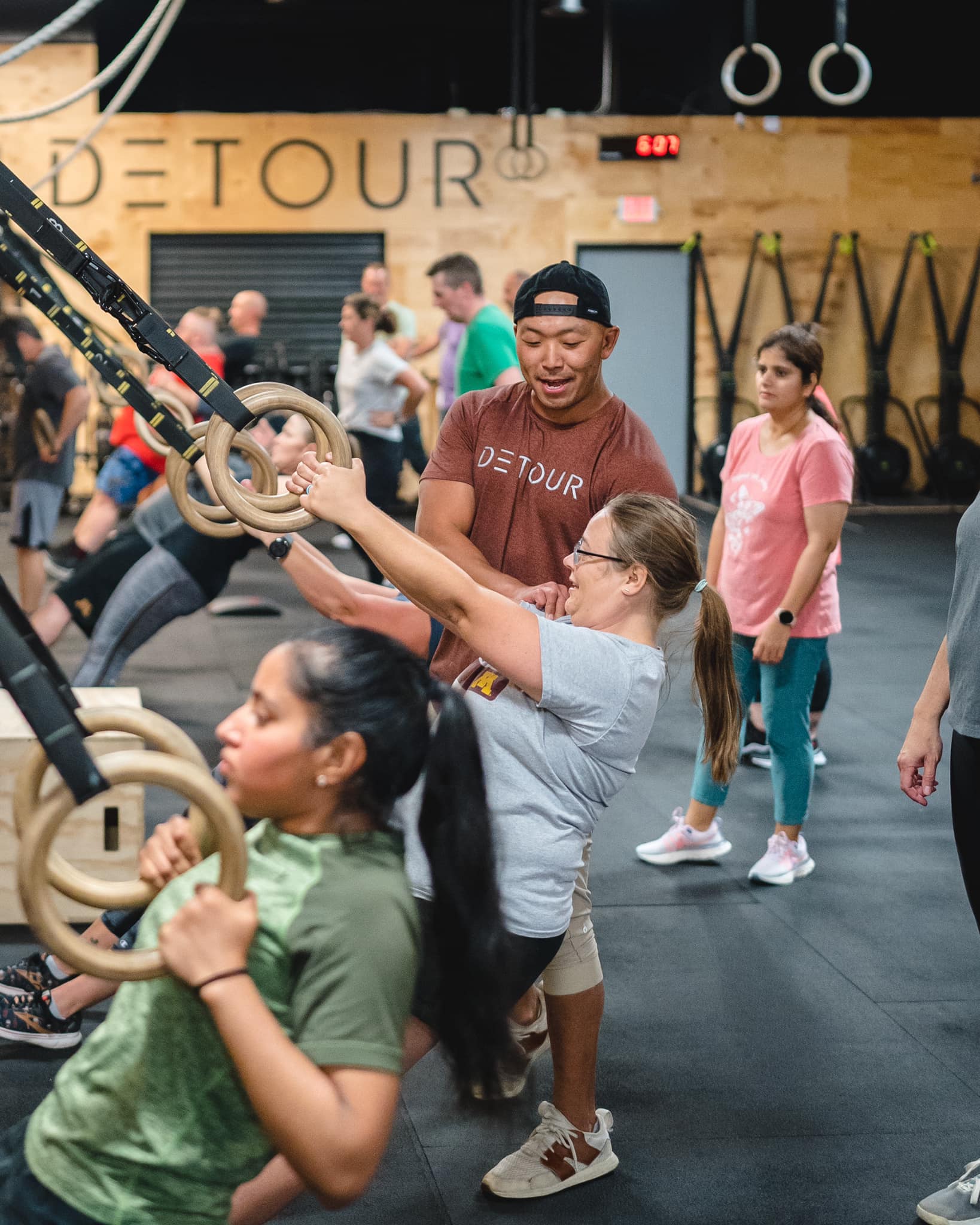Just as you train your body to be physically fit, it is just as important to train your mind to be mentally fit. A positive mindset is essential for overall wellness. When your mindset is healthy, you are better able to manage stress, make better decisions, and maintain healthier relationships. Here are some tips for training your mindset for growth.
1. Be aware of your thoughts
The first step in training your mindset is becoming aware of your thoughts. It is important to catch yourself when you have negative self-talk or are engaging in negative thinking patterns. Once you are aware of your thoughts, you can begin to change them.
2. Practice gratitude
One way to change your thoughts is to practice gratitude. When you focus on what you are thankful for, it will be easier to see the good in situations and people. Gratitude also helps to reframe your perspective and can increase your overall happiness.
3. Set realistic goals
Another way to train your mindset for growth is to set realistic goals. When you set goals that are achievable, you are more likely to reach them and feel a sense of accomplishment. This will help increase your self-confidence and motivation.
4. Take care of yourself
It is also important to take care of yourself both physically and mentally. When you make time for yourself, you are able to recharge and be more patient and understanding with others. Taking care of yourself includes getting enough sleep, eating a balanced diet, and exercising regularly.
5. Seek professional help if needed
If you find that you are struggling to change your thoughts or reach your goals, it may be helpful to seek professional help from a therapist or counselor who can provide additional support and guidance.
Training your mindset is just as important as training your body for physical fitness—perhaps even more so! A positive outlook has been linked with increased happiness, decreased stress levels, and improved physical health outcomes among other things.
If you find that you are struggling with negative thinking patterns or reaching goals on your own, don’t hesitate to seek professional help from a therapist or counselor who can provide additional support.





